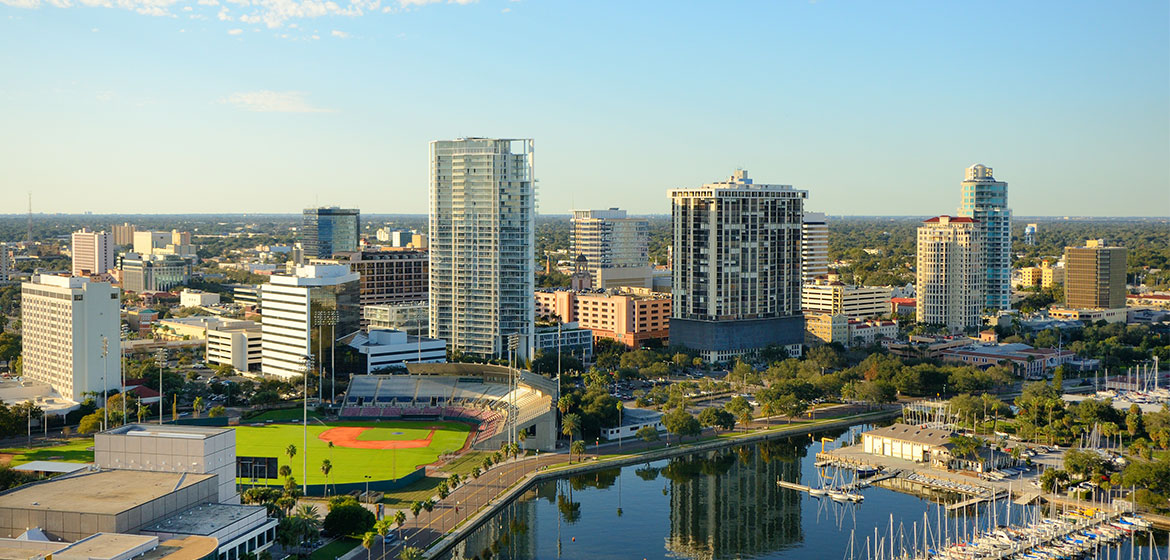What You Need To Know About The Florida Building Code

Building codes ensure that the buildings are secure and comply with all legal requirements. They are a group of laws, rules, and ordinances that have been approved by a legislative body of the government and regulate the actual building process.
The threat posed by shoddy planning or execution is eliminated by the codes, which also lessen the possibility of fatal faults endangering building occupants. Likewise, the Florida building code safeguards the welfare and safety of those in and around physical structures, thereby lowering the likelihood of harm and property loss.
The History of Building Codes in Florida
In 1974, Florida enacted a state minimum building code law, mandating all local governments to create and enforce a building code that would set minimum requirements for the public’s health and safety. However, Hurricane Andrew’s 1992 landfall in South Florida exposed flaws in the state’s current procedures for enforcing and complying with building codes.
The largest insurance disaster in Florida’s history was directly related to Andrew, which set all records for insurance losses. Building codes, their administration, and their enforcement became evidently a statewide matter with statewide repercussions. Homeowners, developers, and commercial interests could suffer across every county in the state as a result of lax compliance or enforcement in a single county.
What Is the Florida Statewide Building Code?
All local building codes were superseded as of March 1, 2002, by the Florida Building Code, which was created and is now administered by the Florida Building Commission. The state’s public and private buildings, structures, and facilities are subject to the Code’s regulations for their design, construction, erection, alteration, modification, maintenance, and demolition.
On December 31, 2017, the 6th Edition of the Florida Building Code, which integrates the most recent I-Codes, went into effect (2015). The 2018 I-Codes will be the I-Codes’ upcoming iteration.
Things You Need to Know About the Florida Building Code
Currently, there are three-year updates to the Florida Building Code, and it is frequently revised every year to include new interpretations and clarifications. Being aware of code changes that affect structural design is good knowledge for anyone to have, but especially so for some job roles such as designers, contractors, and suppliers, etc. As a form of legislation, the code comprises many fine details, but there are several key points that you have to pay attention to with revisions of the code:
- The modifications to the design for seismic loads.
- How the code has changed in response to the adoption of guidelines for wind resistance.
- The appropriate design criteria for wind resistance.
- The contrast between the different risk categories and how they affect design.
- The appropriate code provisions for opening protection.
When claiming insurance should restorations be necessary after a weather incident, problems like insurers denying your claim may occur. It is in such scenarios do the above knowledge come in handy. However, Stone Claims Group can further assist you with your claims with the data we collect from pre-loss inspections of the structural integrity of the buildings. Get in touch to find out more about our inspection services and the buildings we serve.